Land use planning and private land conservation
In a perfect world there would be no need for a land trust organization like the Mother Lode Land Trust. Unfortunately, we are far from a perfect world. The need for a land trust is due to a lack of good comprehensive planning. Ideally, we could plan our cities and towns in a way that would provide for the needed open space and working lands. Our plans could maintain a sense of rural character and protect for biodiversity. But we have proven our inability to plan our communities in a way that works. Right now, in California, the richest state in the union, we see some of the largest homeless populations ever.
“Homelessness continues to grow in California: nationally, California has topped the list for the state with the largest homeless population for more than a decade. As of 2022, 30% of all people in the United States experiencing homelessness resided in California, including half of all unsheltered people (115,491 in California; 233,832 in the US).”(Public Policy Institute of California)
At the same time we also see continued fragmentation and development of our farmland. “California is losing 50,000 acres of agricultural land annually, according to the California Department of Conservation” (American Farmland Trust)
The Mother Lode Land Trust was not created to solve homeless but to conserve working lands in the Motherlode Region of California. The reasons that we are still needed, now more than ever, is the lack of long-range planning through out California. The State of California has consistently punted hard land use issues to the local municipalities.
In California, we are simultaneously failing at meeting basic housing needs and conserving finite resources. Current planning practices enable land-hungry luxury housing developments that contribute to these two leading problems of the state: homelessness and loss of habitat and agricultural land
Landowners themselves have the most durable defense against poor planning practices—conservation easements. Even governments cannot easily overturn private land that is protected by a conservation easement. On the other hand, if your land is simply designated or zoned as agricultural land then the elected officials can change that designation and zoning, even if you, the private landowner, disagree with their actions.
As we can see from the results of our sprawling car dependent communities it doesn’t appear that our planning process is running smoothly. When it comes to protecting your family’s heritage ranch, farm or working forest you cannot rely on the planning process to protect it.
This is where the Mother Lode Land Trust comes into play. We work with the private landowner to develop a conservation easement that once adopted by the two parties, and filed with the local government, the land becomes protected forever. If you are interested in finding out more about getting a conservation easement of your property please attend our meeting on October 18, at 6pm at the City Hall in Plymouth.
